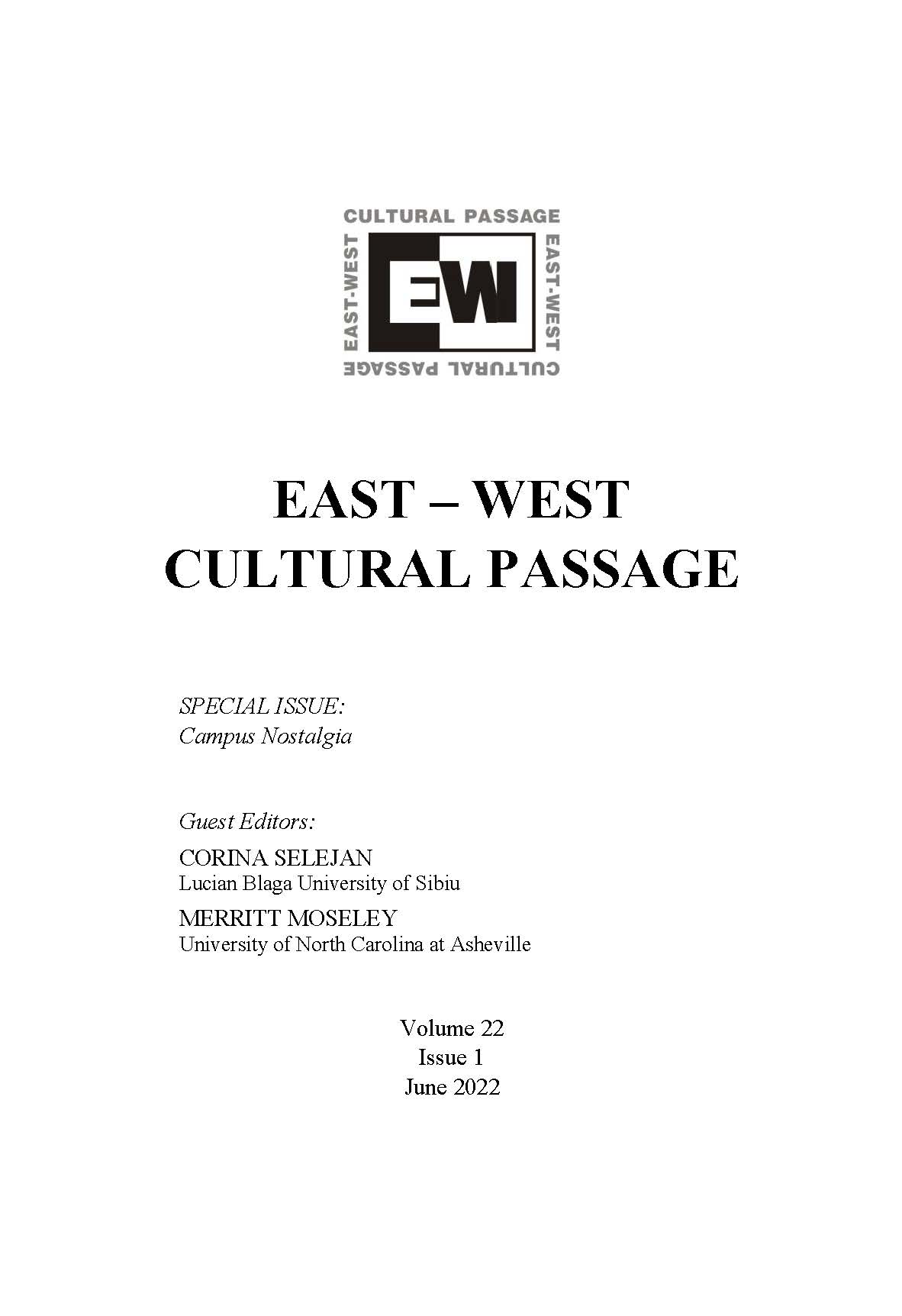New Chapters in the Evolution of Taste: How Eighteenth-Century English Salonnières Shaped the Culture of Sociability
New Chapters in the Evolution of Taste: How Eighteenth-Century English Salonnières Shaped the Culture of Sociability
Author(s): Elena ButoescuSubject(s): Gender Studies, Cultural history, History of Philosophy, Aesthetics, Sociology of Culture, 18th Century, British Literature
Published by: Editura Universitatii LUCIAN BLAGA din Sibiu
Keywords: theories of taste; salonnières; aesthetics; female taste; culture of sociability; literary promotion; literary coterie; Bluestockings; “the conversable world";
Summary/Abstract: In eighteenth-century Britain the term taste was a new vehicle for discerning subtle qualities of an individual mind’s experience of practically anything in the polite world and the world of letters. The term entailed the response of the mind to beauty, and it became popular in each and every genre of writing. The notion of taste acquired a distinctive dimension which effectively disentangles it from the notion of aesthetics emerging early in the nineteenth century as a new area of philosophical enquiry. The eighteenth-century discourses on and ongoing debates over taste and beauty focused on the dominant classicist prototypes of universality, awareness of proportion, harmony and the sense of form and symmetry, principles which were specifically articulated by such Men of Taste as the Earl of Shaftesbury, David Hume and Joshua Reynolds, who had a monopoly on taste. However, the eighteenth century laid the groundwork for an alternative notion of taste, which included women in the realm of theorizing in the taste mode. This article aims to look into the category of exotic taste, and more precisely into the fashionable literary coterie of eighteenth-century England, often presided by women writers such as the Bluestockings Elizabeth Montagu, Mary Delany, Catherine Macaulay, and Hannah More, with the purpose of connecting this type of literary promotion, which was effective in shaping contemporary literary taste, to the theories of taste that anticipated aesthetic judgment in the nineteenth century. Besides, the new social milieu accommodating literary meetings shaped a new discourse which, though ridiculed, facilitated and revitalized conversation in what Hume called “the conversable world” and Samuel Johnson defined as the “clubbable” age. Accordingly, the article will explore the extent to which the discourse employed in such conversations transformed women’s literary taste into an accepted critical category and contributed to the formation of literary reputations.
Journal: East-West Cultural Passage
- Issue Year: 22/2022
- Issue No: 2
- Page Range: 60-86
- Page Count: 27
- Language: English
- Content File-PDF

